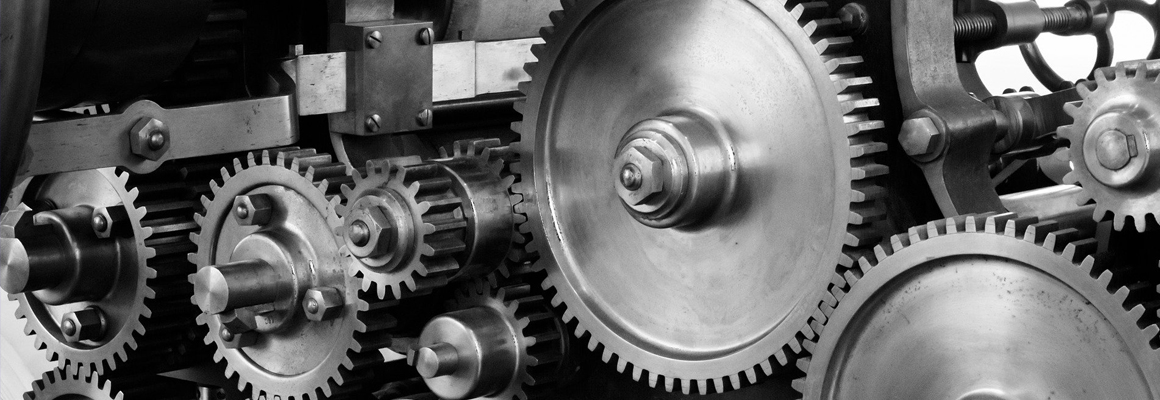Is Automation the Future of Tape Production Optimization?
In the evolving landscape of manufacturing, the demand for efficiency and precision is at an all-time high—especially in tape production. As industries adapt to increasing competition and rising operational costs, tape production optimization emerges as a critical area for innovation. The integration of automation technologies into tape production not only meets these growing demands but also transforms operational paradigms.
The company is the world’s best Tape Production Optimization supplier. We are your one-stop shop for all needs. Our staff are highly-specialized and will help you find the product you need.
Understanding Automation in Tape Production Optimization
Tape production optimization encompasses several key features and functions that are crucial for modern manufacturing facilities. Automation in this context refers to the implementation of advanced technologies, such as robotics, machine learning, and data analytics, to streamline production processes. Some core features include:
Real-Time Monitoring: Automated systems allow for continuous monitoring of production parameters, ensuring that any deviations or inefficiencies are promptly addressed.
Predictive Maintenance: Incorporating machine learning models helps predict equipment failures before they occur, minimizing downtime and reducing repair costs.
Quality Control: Automated quality inspection systems utilize advanced imaging technologies to detect defects with high accuracy, ensuring that only the best products reach consumers.
Data Integration: Enhanced software solutions facilitate data collection across various stages of production, presenting actionable insights that drive continuous improvement.
Advantages of Automation in Tape Production Optimization
Adopting automation in tape production optimization offers several advantages that cannot be overlooked.
Increased Efficiency: Automation reduces manual labor, allowing for faster production cycles while maintaining consistent product quality.
Cost Savings: Optimized workflows and reduced waste lead to significant savings on raw materials and labor costs.
Further reading:
How Can Custom Scooter Battery Cells Enhance Your Riding Experience?
Tape Converting Equipment: Rotary vs. Flatbed - Which Is Best?
Understanding Refractory Coatings in Lost Foam CastingEnhanced Flexibility: Automated systems can quickly adapt to changes in production demands, accommodating a wider range of products and specifications without significant halts in production.
Improved Safety: Automation decreases the risk of workplace accidents by minimizing human involvement in hazardous tasks.
In terms of application scenarios, automation in tape production optimization is particularly valuable in industries such as automotive, packaging, electronics, and construction, where precision and quality are non-negotiable.
Real-World Success Stories
Several organizations have successfully integrated automation into their tape production processes. For example, a leading automotive supplier implemented an automated tape production system that reduced production time by 30%, while also achieving a 25% reduction in material waste. The system's real-time monitoring capabilities allowed for immediate adjustments, drastically improving overall output quality.
Feedback from users has been overwhelmingly positive, with many citing enhanced production reliability and lower operational costs as significant benefits. Operators report a more controlled working environment, enabling them to focus on higher-level tasks rather than routine manual checks.
Looking Ahead: Strategies for Future Development
The potential for tape production optimization through automation is expansive. As technology continues to advance, manufacturers must stay informed about innovations in robotics, artificial intelligence, and data analysis. Industry standards are constantly evolving, and compliance with these standards will be essential for companies looking to stay competitive.
To maximize the benefits of automation, organizations are encouraged to invest in training and development for their workforce, enabling team members to adapt to new technologies and processes seamlessly. Collaborating with technology providers can also facilitate smoother transitions and ensure that the latest innovations are integrated into production lines effectively.
Tape production optimization, powered by automation, stands to redefine manufacturing efficiency and quality standards for various industries. If you are eager to learn more about how automation can transform your tape production processes, we invite you to reach out to our experts today. Explore tailored solutions that can elevate your operations, drive efficiency, and enhance overall product quality. Contact us for more information and let’s embark on this journey towards optimized production together.
If you are looking for more details, kindly visit Tape Coating Machine Operational Guidelines.
197
0
0
All Comments (0)
If you are interested in sending in a Guest Blogger Submission,welcome to write for us!




Comments